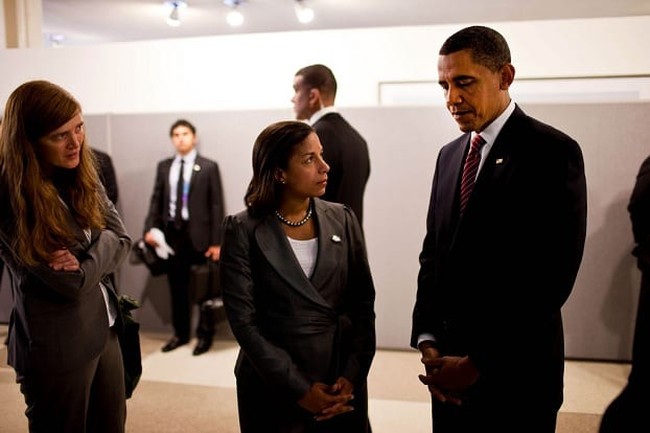 In January of 2014 what had been a suppurating insurgency in Iraq erupted into a full-blown civil war. It became clear that this was no ordinary civil war, ISIS, the Islamic terror group brought into being by Barack Obama’s obscenely misguided policy in Iraq and Syria, engaged in a program of slaughtering prisoners, slaughtering civilians, the ethnic cleansing of Christian enclaves, etc. And they were not circumspect about what they were doing. The documented their actions for posterity and loaded the video on YouTube.
In January of 2014 what had been a suppurating insurgency in Iraq erupted into a full-blown civil war. It became clear that this was no ordinary civil war, ISIS, the Islamic terror group brought into being by Barack Obama’s obscenely misguided policy in Iraq and Syria, engaged in a program of slaughtering prisoners, slaughtering civilians, the ethnic cleansing of Christian enclaves, etc. And they were not circumspect about what they were doing. The documented their actions for posterity and loaded the video on YouTube.
As I noted earlier, Barack Obama rode into office intent on being the “anti-Bush.” Rather than focusing on US strategic interests, his national security policy would be defined by the Responsibility to Protect (R2P) doctrine which raised the prevention of genocide and atrocities to the highest level of concern. On August 4, 2011, Obama signed Presidential Study Directive 10 titled A Comprehensive Strategy and New Tools to Prevent and Respond to Atrocities:
Preventing mass atrocities and genocide is a core national security interest and a core moral responsibility of the United States. Our security is affected when masses of civilians are slaughtered, refugees flow across borders, and murderers wreak havoc on regional stability and livelihoods. America’s reputation suffers, and our ability to bring about change is constrained, when we are perceived as idle in the face of mass atrocities and genocide. Unfortunately, history has taught us that our pursuit of a world where states do not systematically slaughter civilians will not come to fruition without concerted and coordinated effort
As part of this, Obama created an Atrocities Prevention Board:
The APB will help the U.S. government identify and address atrocity threats, and oversee institutional changes that will make us more nimble and effective. Because strong organization and a whole-of-government approach is needed to counter atrocities effectively, the APB will include representatives of the Departments of State, Defense, Treasury, Justice, and Homeland Security, the Joint Staff, the U.S. Agency for International Development, the U.S. Mission to the United Nations, the Office of the Director of National Intelligence, the Central Intelligence Agency, and the Office of the Vice President–all of whom are at the Assistant Secretary level or higher and have been appointed by name by their respective Principals. The APB will meet at least monthly to oversee the development and implementation of atrocity prevention and response policy, and additionally on an ad hoc basis to deal with urgent situations as they arise. The Chair of the APB will be the NSS Senior Director for Multilateral Affairs and Human Rights. To ensure senior-level visibility into the work and progress the APB is making, the Deputies will meet at least twice a year, and Principals once a year, to review the work of the APB, and the Chair will report on this work annually in a memorandum to the President. After six months of operations, the Chair (in consultation with the Board) will begin preparation of a draft Executive Order for consideration by the President that will, as appropriate, publicly set forth the structure, functions, priorities, and objectives of the Board, provide further direction for its work, and include further measures for strengthening atrocity prevention and response capabilities as identified in the course of the Board’s work.
The intelligence community will collect and analyze information that allows us to better anticipate, understand, and counter atrocity threats:
National Intelligence Estimate: The APB will monitor the National Intelligence Council’s preparation of the first-ever National Intelligence Estimate on the global risk of mass atrocities and genocide.
Congressional Reporting: The APB will also work with the Director of National Intelligence to include information about mass atrocity threats in his annual threat assessment testimony before Congress.
Increased Collection and Analysis: The intelligence community will work internally and with our foreign partners to increase the overall collection, analysis, and sharing of information relating to atrocity threats and situations.
In April 2012, Obama made a highly publicized speech at the US Holocaust Museum where he emphasized that the prevention of atrocities was the central feature of US national security policy. I agree with Obama when he said:
That does not mean that we intervene militarily every time there’s an injustice in the world. We cannot and should not. It does mean we possess many tools — diplomatic and political, and economic and financial, and intelligence and law enforcement and our moral suasion — and using these tools over the past three years, I believe — I know — that we have saved countless lives.
If Obama was actually following his own policy, the slaughter in Iraq would have been a front burner issue for at least six months. We did not need to intervene militarily at first. If we had shown interest in arming the Kurds and providing maximum support to the Iraqi government we could have prevented much of the slaughter. But we didn’t. Now we have a full blown campaign of ethnic cleansing and extermination underway in ISIS controlled areas of Iraq. If Obama’s foreign policy is anything more substantial than a photo op for wealthy donors the must act and act decisively.
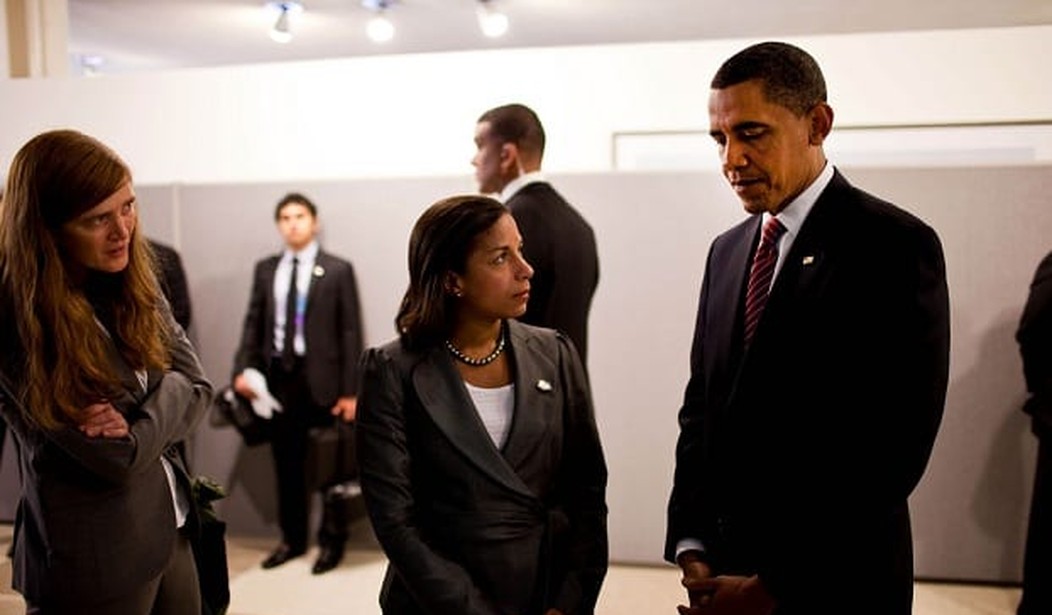
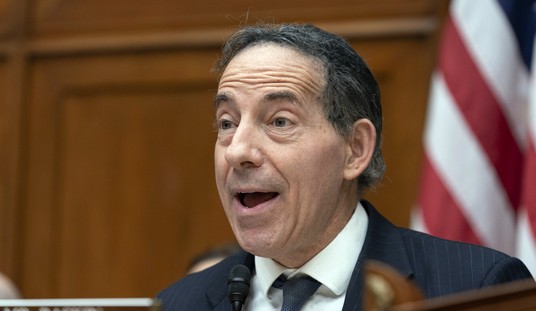
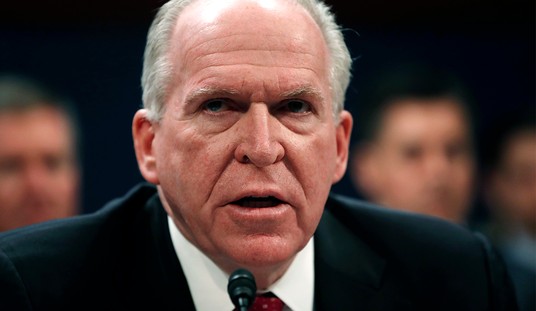







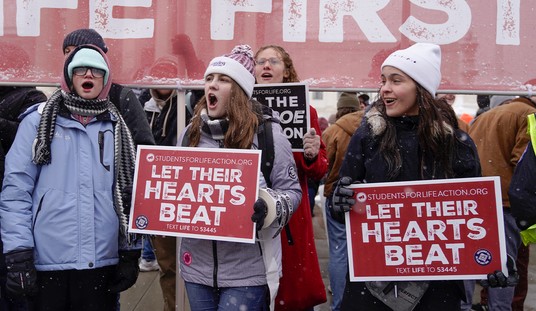


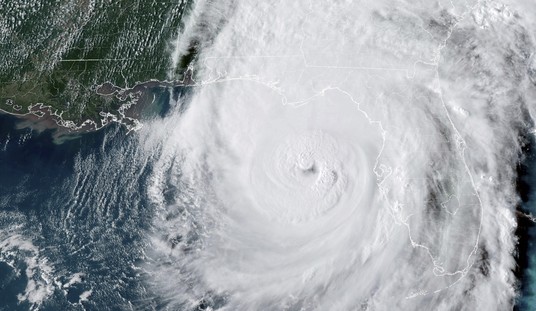
Join the conversation as a VIP Member